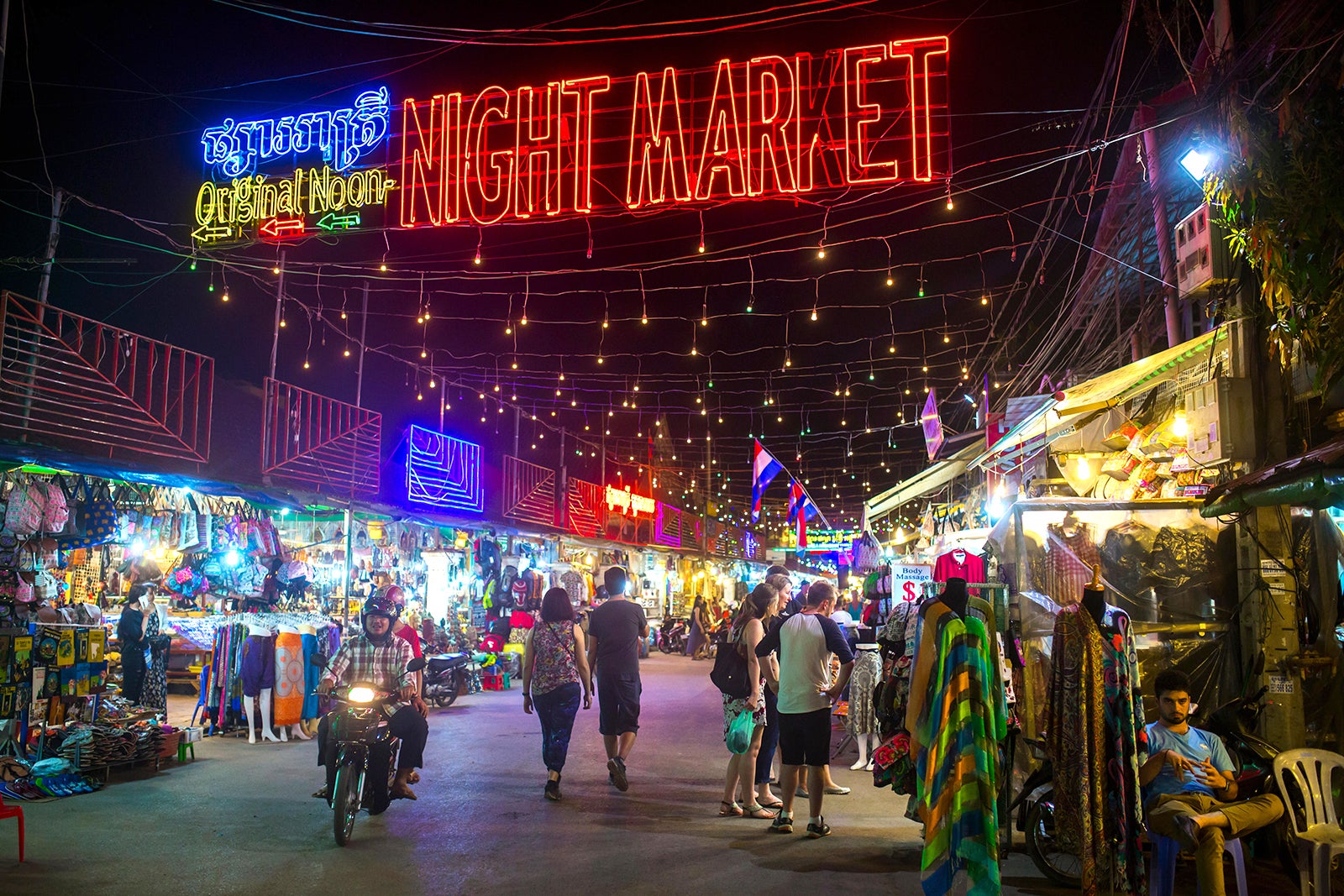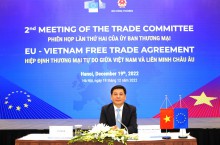The News
Cambodia’s non-tariff measures and other trade regulations
The main legislation governing standards and technical regulations continues to be the 2007 Law on Standards in Cambodia, which is administered by the Institute of Standards of Cambodia (ISC). The ISC, which falls under the Ministry of Industry and Handicrafts, is mandated to research and set national standards, certify products or companies on standards compliance pertaining to both products and systems, disseminate standards and create awareness, work with international bodies to achieve international recognition of national standards and gain accreditation for national conformity assessments, and license, regulate or revoke product and systems certifications. Cambodia is a subscriber member of the International Organization for Standardization (ISO), an affiliate member of the International Electrotechnical Commission (IEC), and a member of the ASEAN Consultative Committee for Standards and Quality (ACCSQ)
The main legislation governing standards and technical regulations continues to be the 2007 Law on Standards in Cambodia, which is administered by the Institute of Standards of Cambodia (ISC). The ISC, which falls under the Ministry of Industry and Handicrafts, is mandated to research and set national standards, certify products or companies on standards compliance pertaining to both products and systems, disseminate standards and create awareness, work with international bodies to achieve international recognition of national standards and gain accreditation for national conformity assessments, and license, regulate or revoke product and systems certifications. Cambodia is a subscriber member of the International Organization for Standardization (ISO), an affiliate member of the International Electrotechnical Commission (IEC), and a member of the ASEAN Consultative Committee for Standards and Quality (ACCSQ)

Standards and other technical requirements relating to trade
The main legislation governing standards and technical regulations continues to be the 2007 Law on Standards in Cambodia, which is administered by the Institute of Standards of Cambodia (ISC). The ISC, which falls under the Ministry of Industry and Handicrafts, is mandated to research and set national standards, certify products or companies on standards compliance pertaining to both products and systems, disseminate standards and create awareness, work with international bodies to achieve international recognition of national standards and gain accreditation for national conformity assessments, and license, regulate or revoke product and systems certifications. Cambodia is a subscriber member of the International Organization for Standardization (ISO), an affiliate member of the International Electrotechnical Commission (IEC), and a member of the ASEAN Consultative Committee for Standards and Quality (ACCSQ)
Cambodia mainly uses the ISO/IEC Guide 21-1 and 21-2:2005 as a national guide to adopt international standards as national standards or technical regulations. Presently there are 804 Cambodian standards, mainly on foods, electrical appliances, and test methods28, of which 151 are adopted as technical regulations. Nearly 83% of Cambodian standards are aligned with international standards.
Testing, inspection and compliance
Under the provisions of the Law on the Management of Quality and Safety of Products and Services of 2000, the Cambodia Import-Export Inspection and Fraud Repression Directorate General (Camcontrol) in the Ministry of Commerce is responsible for the safety and quality standards, as well as the certification and verification of imports and exports. Export inspection covers garments, agricultural products, rice, wood and processed food. Import inspection concentrates on food, agricultural chemicals, petroleum, textiles and garments. Domestic market surveillance targets food safety and commercial fraud. Camcontrol operates laboratories for food testing, for cereal testing and for petroleum products. Violations of the Law can result in confiscation of the offending goods, fines and legal proceedings.
Sanitary and phytosanitary requirements
The main pieces of legislation covering the SPS regime are the Law on the Management of Pesticides and Fertilizers of 2012, the Fisheries Law of 2006, the Law on Seed Management and Plant Breeders Rights of 2008, the Sub-decree on Phytosanitary Inspection of 2003, the Law on Forestry of 2002, and the Law on Animal Health and Production of 2016. The Ministry of Agriculture, Forestry and Fisheries (MAFF) has the primary responsibility for the implementation of these Laws. In addition, there are the draft laws on plant protection and phytosanitary measures and on the quality and safety of agricultural products as well as the draft law on rubber, which will also be administered by MAFF when they come into force.
Labelling
A label or mark is not required for all imports; however, products must be certified with labels and registered with relevant ministries before being imported into Cambodia. Labels for different products are regulated and certified by different ministries. Suppliers of products that may pose a risk to public health or public safety must also certify that the product complies with the standards set by the Institute of Standards of Cambodia (ISC). Imported prepackaged foods must be labeled according to Cambodian standards for food labeling.



